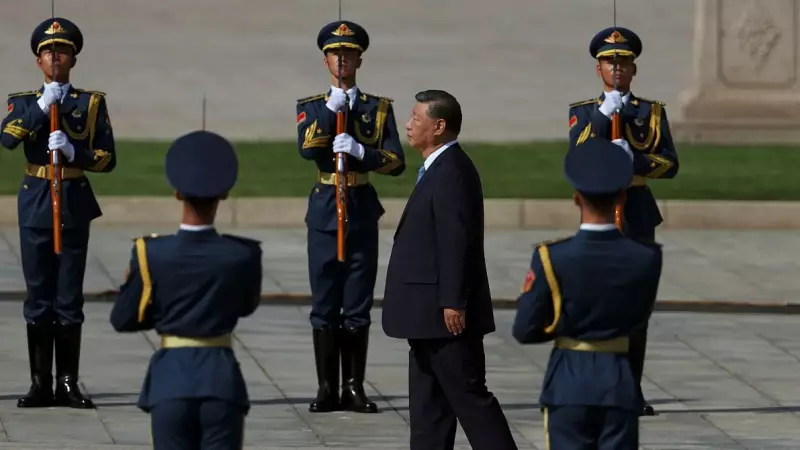
In the hallowed halls of Beijing's Zhongnanhai leadership compound, a question hangs heavy in the air - one that remains unspoken yet dominates political calculations. Who comes after Xi Jinping?
The Unprecedented Concentration of Power
President Xi Jinping has orchestrated one of the most remarkable political consolidations in modern Chinese history. Unlike his predecessors who adhered to term limits and collective leadership, Xi has systematically dismantled institutional constraints, removing presidential term limits in 2018 and concentrating authority across party, military, and government structures.
The traditional norms that governed leadership transitions in Communist China appear to have been suspended. Previous leaders like Jiang Zemin and Hu Jintao operated within established frameworks that ensured orderly succession. Today, that system seems to be undergoing fundamental transformation.
Historical Context: How China Managed Succession Before
China's political history reveals a pattern of managed transitions:
- Deng Xiaoping's era established collective leadership and term limits
- The "helmsman" system ensured smooth power transfers
- Institutional mechanisms provided stability during leadership changes
These established norms created predictability in China's governance, reassuring both domestic elites and international observers.
The Current Vacuum: Reading Between the Lines
Political analysts and China watchers are scrutinizing every Politburo meeting, every public appearance, and every official document for clues about succession planning. The absence of clear signals has become the most telling signal of all.
Several factors complicate the succession question:
- Xi's consolidation of power across multiple leadership roles
- The elimination of potential rivals through anti-corruption campaigns
- The lack of an obvious successor being groomed for leadership
- Changing norms around retirement age and term limits
Global Implications of China's Leadership Uncertainty
The question of succession extends far beyond China's borders. As the world's second-largest economy and a major global power, China's political stability affects:
- Global economic markets and supply chains
- International diplomacy and geopolitical alignments
- Climate change initiatives requiring long-term commitments
- Technology competition and global standards setting
Foreign governments and multinational corporations are closely monitoring the situation, aware that political transitions in China can create both risks and opportunities.
The Domestic Landscape: Silence Speaks Volumes
Within China, the succession question remains strictly taboo. State media avoids the topic, academic discussions are constrained, and even private conversations among elites are cautious. This silence itself reveals the sensitivity of the issue.
The Communist Party's legitimacy has long rested on its ability to ensure stability and continuous development. How it navigates this leadership question will test that fundamental compact with the Chinese people.
As China approaches critical political milestones, the world watches and waits for answers to the question that cannot be asked aloud: What happens after Xi?





